Member Directory,
1847 - 1922
Edwin L. Godkin
Journalist
Centurion, 1863–1902
Not recorded
Moyne, Wicklow, Ireland
Devon, England
Age thirty-one
Haselbech, Northamptonshire, England
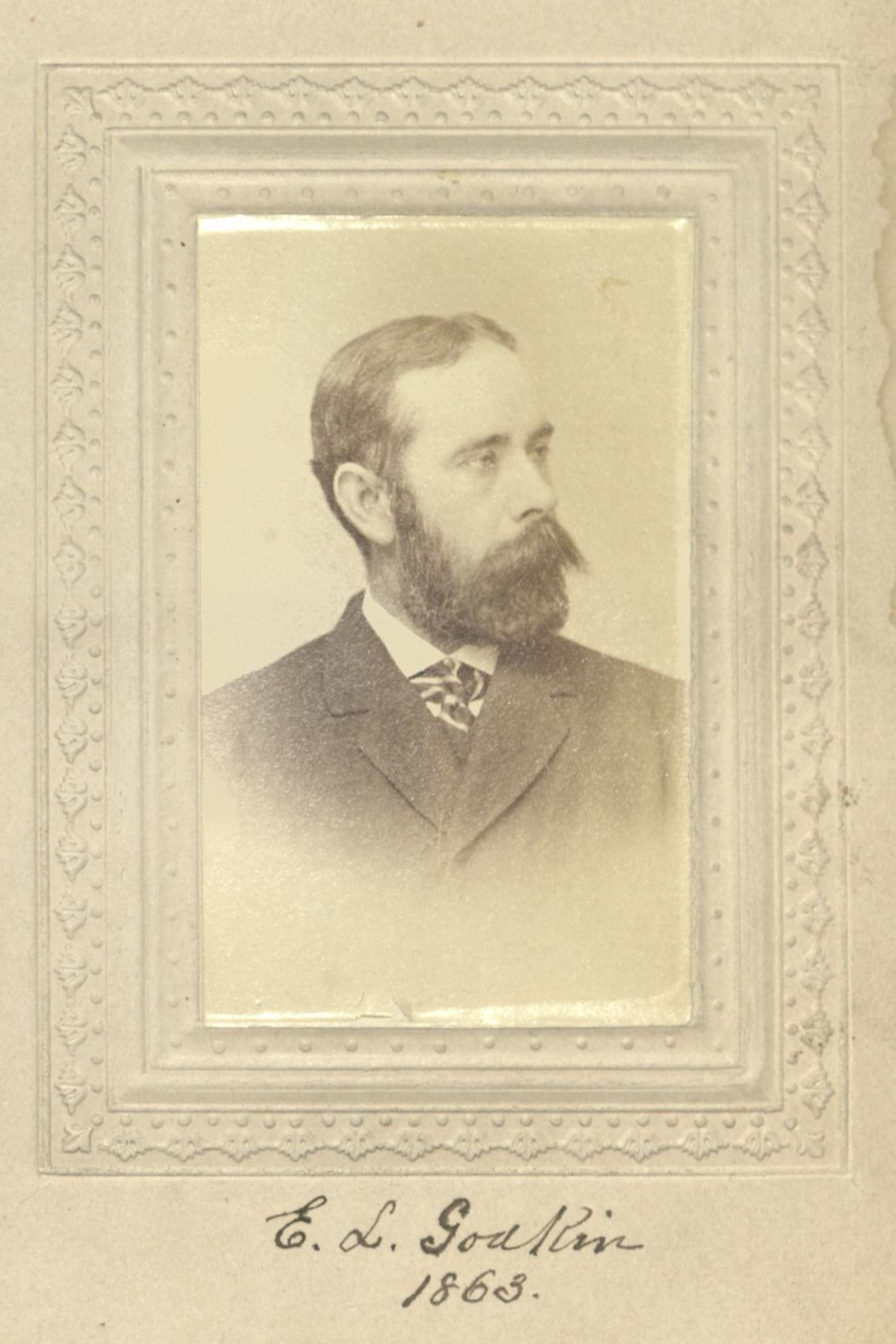
Archivist’s Notes
Father of Lawrence Godkin
Century Memorial
Edwin Lawrence Godkin was of the stuff with which the foundations of The Century were laid and by which the undefined but rich possession we call the character of the Club was largely determined. Not that this is a fixed quality, which we can hope only to preserve. It is something to which each generation and, indeed, each member can and must contribute, an evolution to which the later contributions may be as important as the earlier. But by the earlier members the lines of the Club were so directed that, as they are continued and developed, its life may be unbrokenly pleasant, wholesome, helpful, and fruitful. When Mr. Godkin joined the circle in 1863, its membership was relatively small, and of the twelve hundred and more now on our roll, but twenty-five were there to greet him. They are among our most honored Centurions, and, were they assembled by themselves tonight, we should very clearly understand into what a company the young journalist was found worthy to enter. Though he had prepared himself for the practice of the law in the office of David Dudley Field, a journalist he was by natural bent, already developed by varied experience and notable work. A native of Ireland, of English stock, a graduate of Queen’s College, Belfast, he had made a brilliant record as correspondent in the Crimean War, and had contributed to The London News a valuable series of observations on the conditions in the Southern United States on the eve of the Rebellion—the fruit of a horseback journey through that region. He was trained in the school of young men whose prophet, as he has said, was John Stuart Mill, and America their “promised land.” It was in America that he was to pursue his career, and to the fulfilment of its promise he was to devote his remarkable talents. In 1865, he founded The Nation, which sixteen years later was joined with The Evening Post, and he was the guiding mind, first of one and then of both, for a third of a century. The work he did in them was certainly distinctive and distinguished. Those most widely and even bitterly differing from him will not deny this. It was essentially the work of the critic; it was meant to be, and largely it was, constructive and inspiring criticism. Mr. Godkin was a hearty believer in the value of expert judgment, and he spared no labor or pains or study to make himself an expert in the field of public affairs. He was an industrious and careful student of the past and an acute observer of the present, and he toiled unrestingly to wring from the former the teaching the latter demanded. No writer ever more hungered and thirsted to be right, or sought more sedulously to save his mind from any conscious warping. His anxious desire in this direction was, indeed, as he once remarked of a like quality in one of his subordinates, “not without a touch of pathos.” But if his sense of his own intellectual rectitude, and of the pains he took to conserve it, sometimes made him a little less keenly alive than he might have been to the inevitable percentage of failure that must accompany such effort, and if he measured himself at times more by the weakness of his opponents than by the magnitude of his task, what he actually did for public life in America, for the raising of the intellectual and moral standard of our people, was very much. No one, with any sense of true perspective, looking back over the time in which his work was done, and measuring the things for which he worked, marking where they stood at the start and at the finish of his unceasing warfare in their behalf, can fail to see deep traces of his personal influence. He began his chief work at the close of the Civil War. Those of us who shared in the hot passion and the fervent prejudice of that time can look back from the relative calm and reasonableness of the present, and recall that the view which now we take readily of the questions then fought over was the view of his trained and philosophical mind from the first. As to reconstruction, finance, currency, fiscal policy, and especially as to a civil service based on tested merit rather than on the spoils of partisan victory, Godkin was as clear and sound in 1865 as most intelligent men are to-day, with nearly forty years of experience to enlighten them. And surely it was no small service to the American people that for this long period the disinterested advocacy of high ideals was carried constantly to thousands of homes couched in a style of singularly pure and sinewy and refined English, lightened here and there by a humor the most penetrating and effective that the journalism of the country has ever known.
In private life, in the life of The Century, the charm of Mr. Godkin’s society was peculiarly his own and was delightful.
Edward Cary
1903 Century Association Yearbook
Related Members
Member Directory Home-
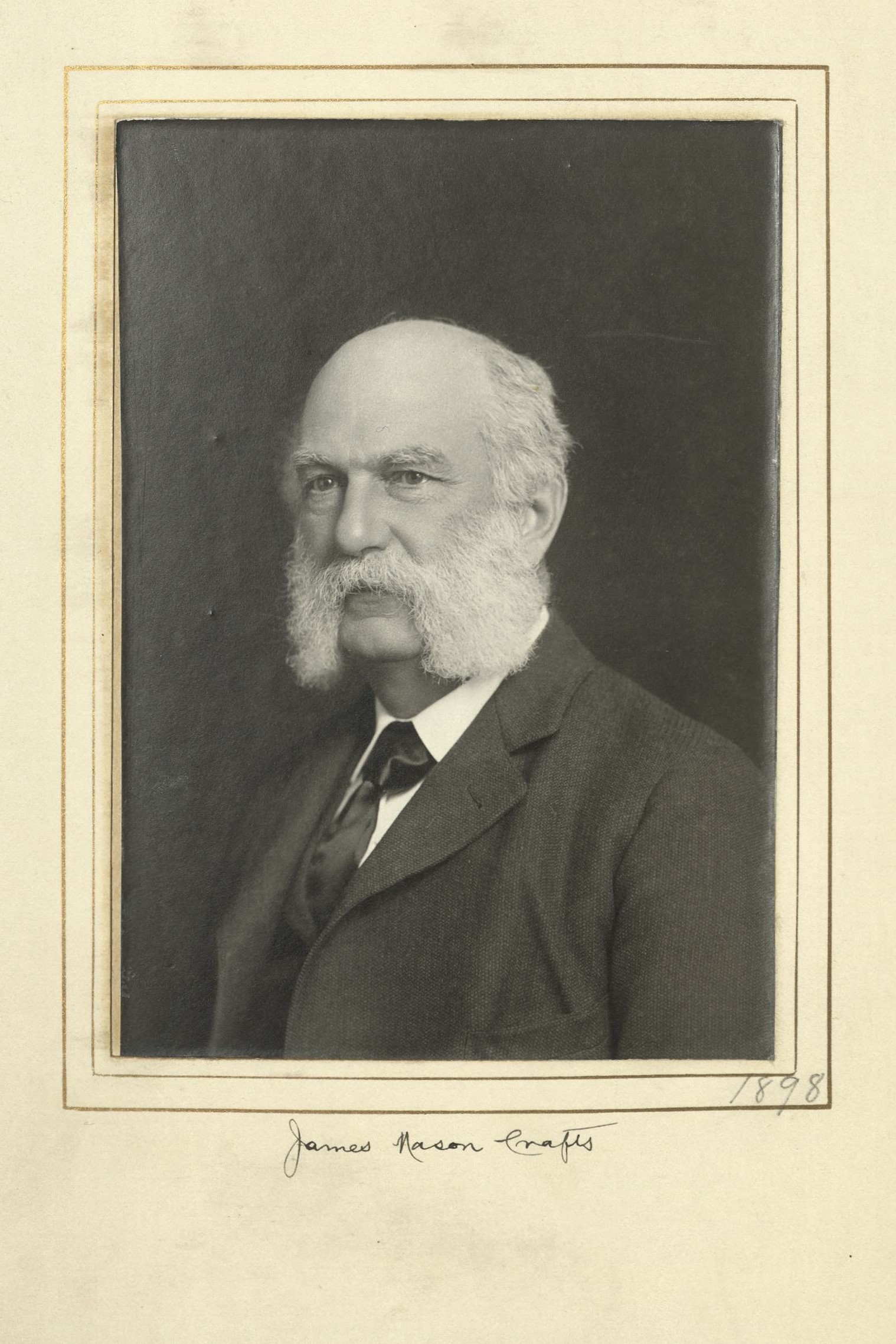 James M. CraftsPresident, Massachusetts Institute of TechnologyCenturion, 1898–1915
James M. CraftsPresident, Massachusetts Institute of TechnologyCenturion, 1898–1915 -
 Daniel C. GilmanPresident, Johns Hopkins UniversityCenturion, 1891–1908
Daniel C. GilmanPresident, Johns Hopkins UniversityCenturion, 1891–1908 -
 Thomas L. GreeneJournalist/Railway ExpertCenturion, 1896–1904
Thomas L. GreeneJournalist/Railway ExpertCenturion, 1896–1904 -
 Lewis Morris IddingsEditorCenturion, 1891–1921
Lewis Morris IddingsEditorCenturion, 1891–1921 -
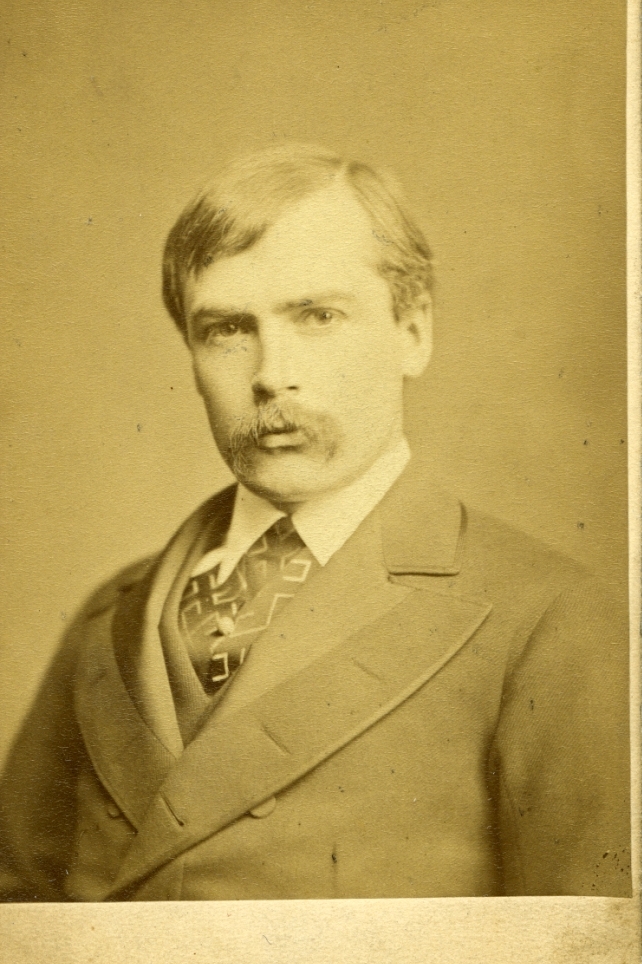 E. S. NadalProfessor/Editor/Civil ServantCenturion, 1875–1922
E. S. NadalProfessor/Editor/Civil ServantCenturion, 1875–1922 -
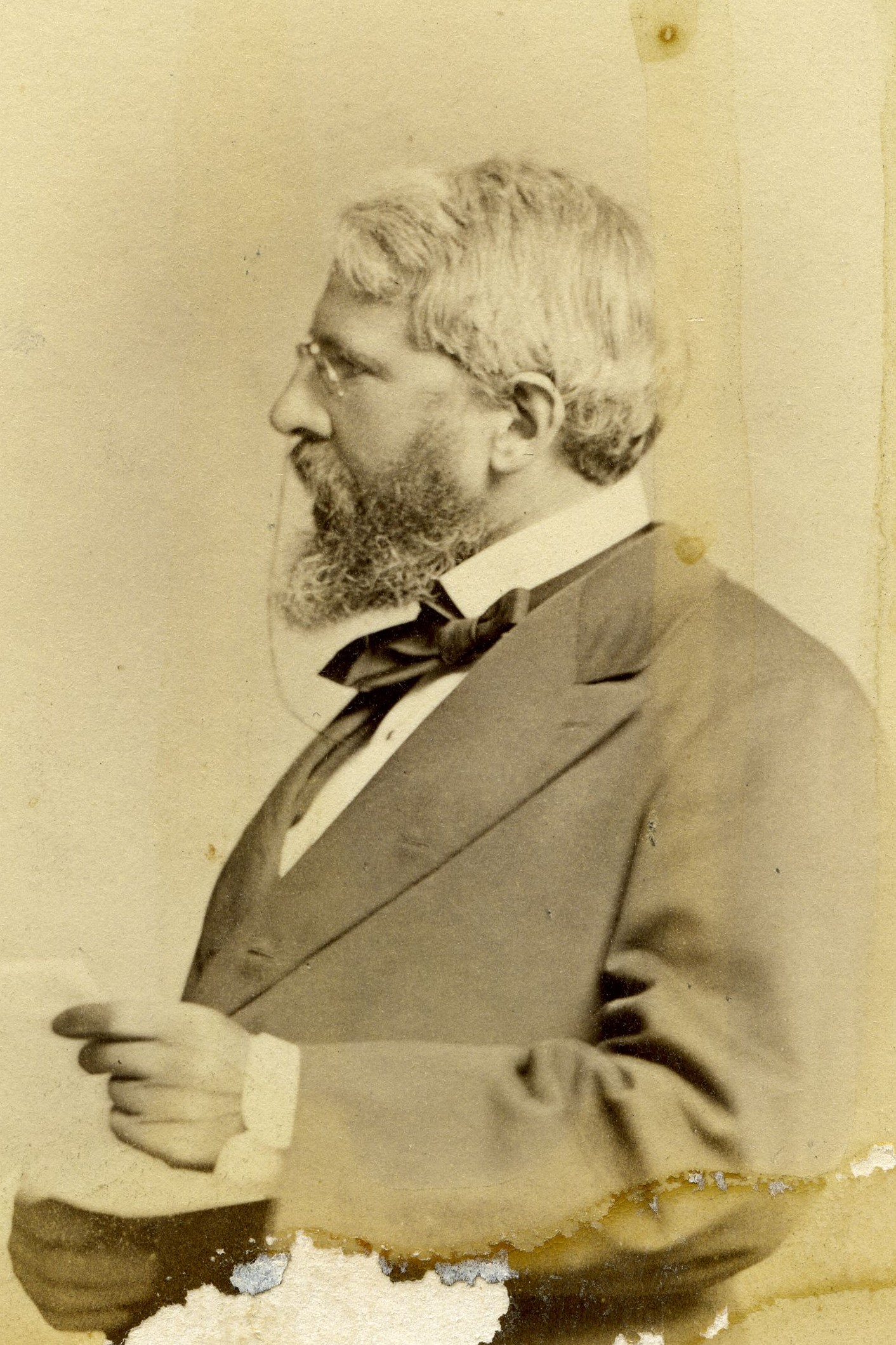 Russell SturgisArchitect/AuthorCenturion, 1870–1909
Russell SturgisArchitect/AuthorCenturion, 1870–1909 -
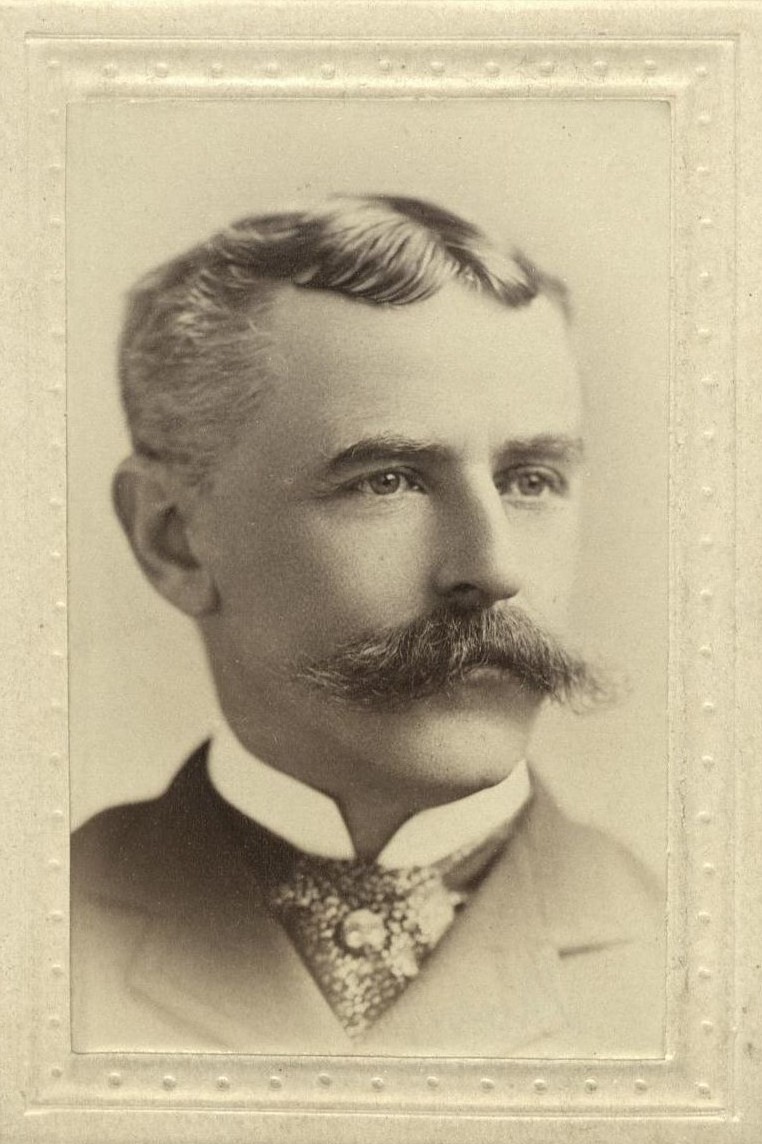 Frank ThomsonEngineer/Railroad PresidentCenturion, 1883–1899
Frank ThomsonEngineer/Railroad PresidentCenturion, 1883–1899




